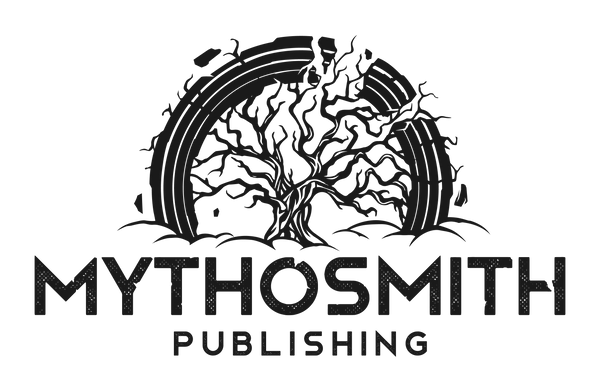
On the Zombies of "World War Z"
This essay was written during my undergraduate years and is presented unedited, as originally submitted. It reflects the knowledge, style, and perspective of that time, and forms part of a visible progression in my development as a writer and thinker.
In the novel, “World War Z,” by Max Brooks, it is demonstrated through first-hand accounts of people throughout the zombie war that zombies are the monsters… but are they? What is ironic about this is that the zombies are merely the reanimated dead. They hold no conscience, nor depth for emotion. They have no instinct and fear holds no ground where the zombies are concerned. Humans, however, are ruled by fear. Fear can make people do crazy things, so the true monsters were man, not the dead. The dead may have killed blindly, but without doing it consciously, does that truly count as being villainous if no intent is behind it? Man has been killing man for years out of fear and selfishness. Humans have motive, intent, and conscious thought, and yet they still commit countless atrocities. Is that not true evil?
The zombies have no origin story, but there is a patient zero, a small child from China, who sustains a bite in a body of water. The child has grey skin, brittle bones that snap without cause, and brownish-black pus where blood should have been (Brooks, 7). All zombies appear this way throughout the novel, and though terrifying, should they appear any different? In death, do we all not pale and wither away? What does their appearance have to do with their moral fiber, or conscience? Zombies would be a whole lot more terrifying if they did not appear different. There would be no way of differentiating them, and it could be your neighbor, or your own mother who was out to get you.
Humans are selfish creatures. We see, throughout the great panic, that many humans are self-serving and are looking only to make a profit at the expense of others during a horrific time. There are doctors who do illegal surgeries, smugglers who let infected through borders, cannibals, (Really? There are actual zombies, and you are going to eat people for sustenance just not to become a zombie? Where’s the logic?) Government officials choosing who deserves to live, and the every-day human just doing what they need to do to survive, be it killing others, or stealing for personal gain. Zombies did not do any of this, and while the senseless slaughter of humans was ‘evil’, they have an excuse as to why they do what they do; they have no morals. Humans have morals, and yet we have fought world wars over less.
The Redeker plan is as coldly sensible as it is brilliant. In short, the plan was a calculation of everything from fertility to IQ to determine who should live, and who should perish as a distraction to the hordes of the undead. That is cold. In fact, that is almost worse than any damage the zombies could inflict because that is annihilating your own species to save your own hide. It was a global plan that would mean the survival of the human race. The plan went over methods of destruction to zombies (obviously a headshot, like in every other zombie novel), civilian safe zones for the remote few chosen to live, and isolated areas—like pens for livestock—to distract the zombies from the retreat of the elite. Live bait.
In short, I do not believe the zombies were the true monster of the story. Human reactions to the zombies were arguably worse than the actions of the zombies themselves. I do not believe that survival of the human race matters if no one deserves it to begin with. To beat the enemy, they had to be the worst enemy, and if that means sacrifice of morals, how does that make humans different from zombies? I will tell you how. It is the conscience decision to do it, which is far worse.
[WORKS CITED]
Brooks, Max. World War Z: an oral history of the zombie war. 2014.
